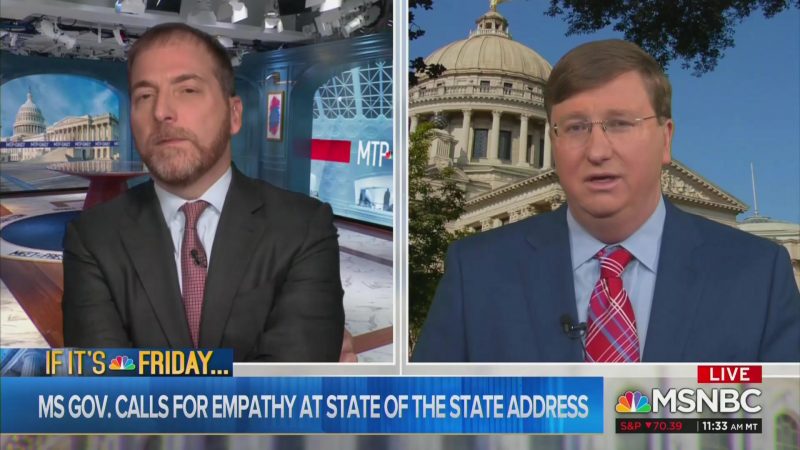Holder, Obama Eye 2020’s Census-Redistricting With A 527

Politico reported today that a National Democratic Redistricting Committee is beginning preliminary efforts toward fighting back against successful Republican gerrymandering in Congressional districting and states’ individual districting maps.
The 527 organization will be chaired by former Attorney General Eric Holder, and will also be a major focus of President Obama when he leaves the White House in January.
The group is poising itself to take advantage of 2020’s upcoming census-driven remapping of the United States, and it will attempt to equalize the current Republican advantage in Congressional districting that the GOP has enjoyed since its fortuitous 2010 midterm wave in that election. The timely electoral “shellacking” of Obama’s agenda gave Republicans control of much of the nation’s census-driven redistricting.
In 2011, Republicans wasted no time making their districts safer for conservative politics, which was a primary driver of our contemporary political chaos. In the 2010, 2012 and 2014 elections, many Republican races were only genuinely competitive in their primaries, which severely pushed the party as a whole far to the right.
Those elections saw Republican primary voters enforce a litmus test of sorts to defeat so-called RINOs—Republican-In-Name-Only candidates—and the top requirement was a pavlovian opposition to everything Obama wanted to do. This political strategy of total ideological war, more than anything else, paved the path for the Obama era’s hyper-partisanship, as well as Donald Trump’s successful candidacy for the Republican presidential nomination.
The Republican gerrymandering effort was successful, and has ensured that Republicans could keep an impressively disproportionate share of House seats and state legislature seats compared to the number of votes they actually received.
A RealClearPolitics analysis found that Republicans have a natural advantage in districting anyway, because Democrats are most successful in cities, whose districts are outnumbered by suburban and rural districts—even if cities are populationally dominant in a state. Perhaps the National Democratic Redistricting Committee will be able to help make electoral districting across states more fair in accordance to Democrats’ natural populational advantage.
The committee has gotten a late start in order to steer this election’s House and state races, but the plan is to make Democrats more competitive in the 2018 midterm elections and particularly the 2020 whole-country elections.
Photo courtesy of the White House.






